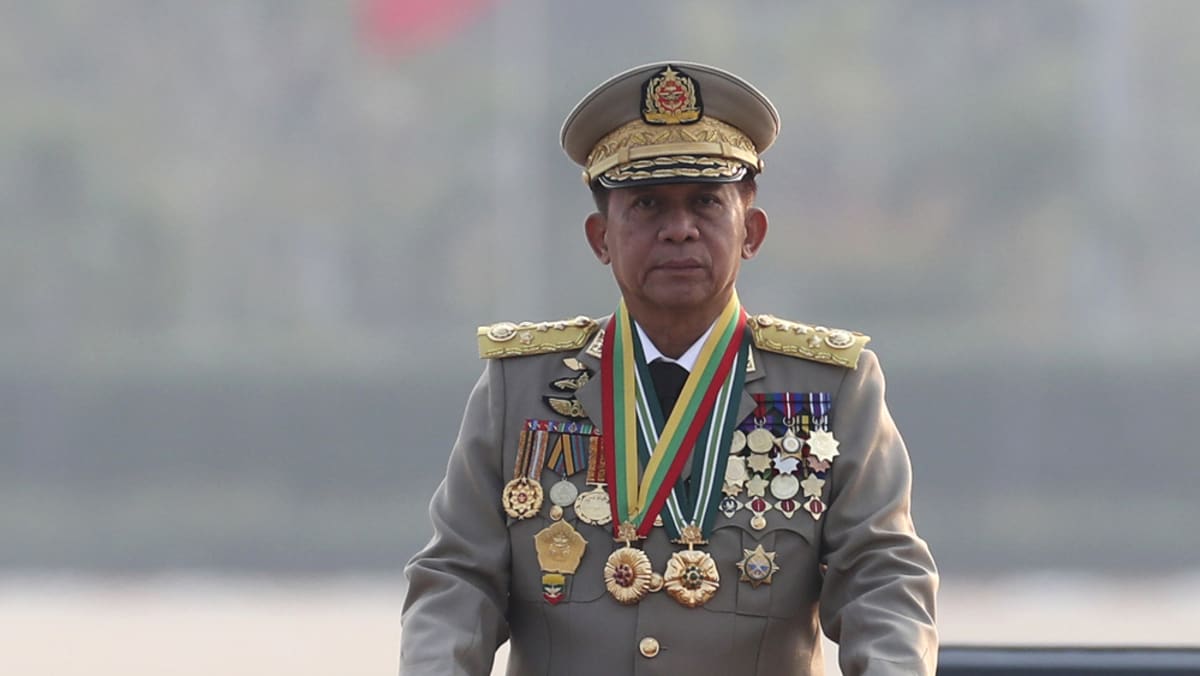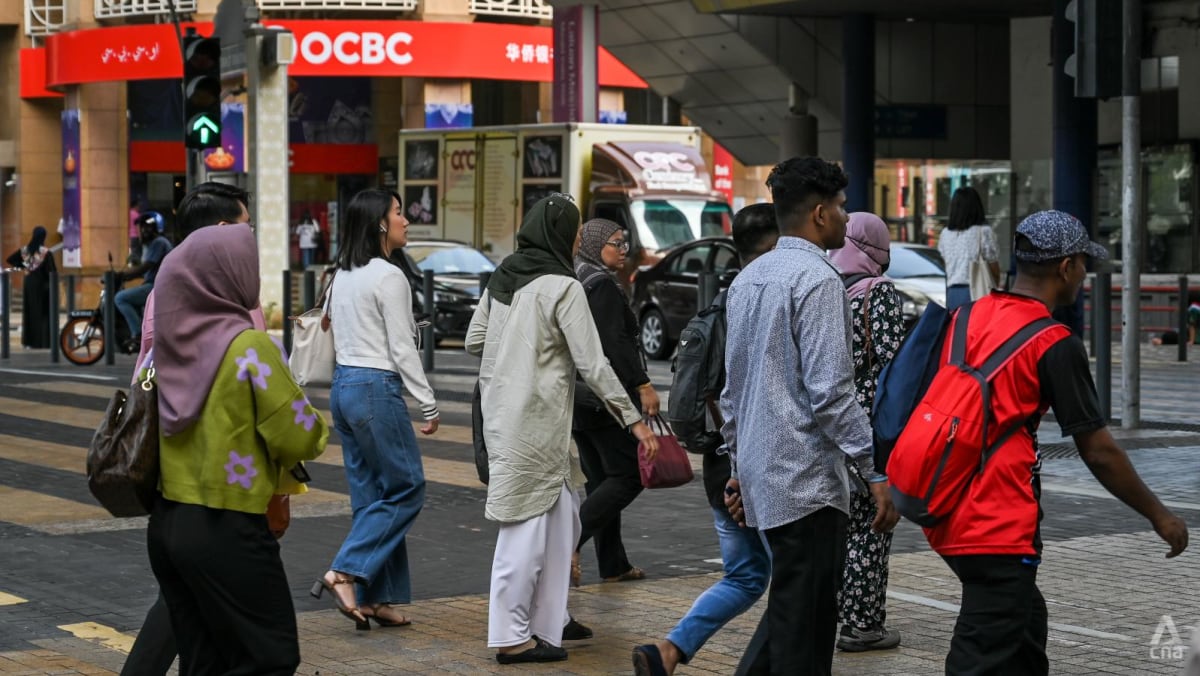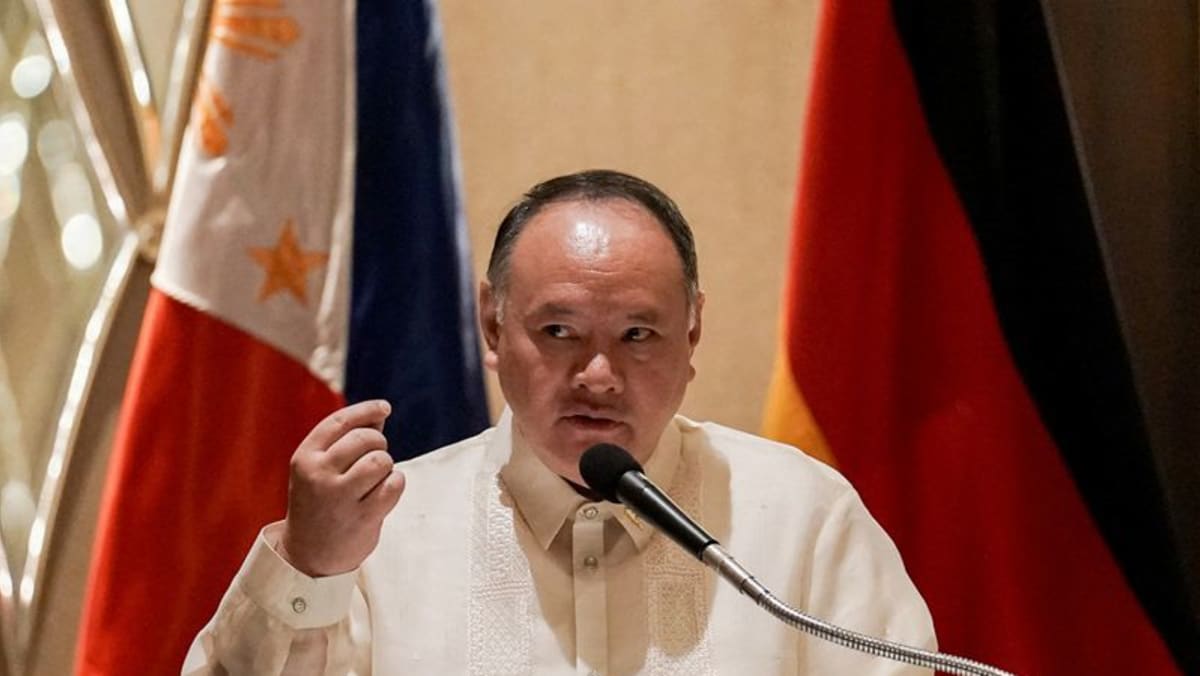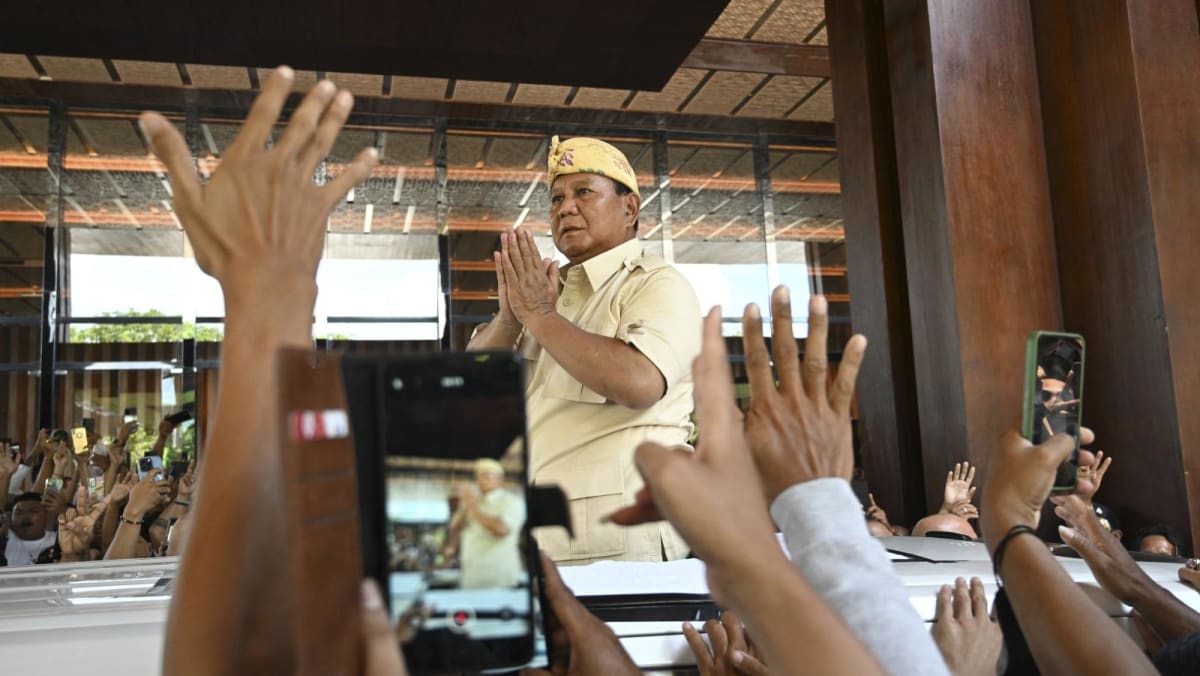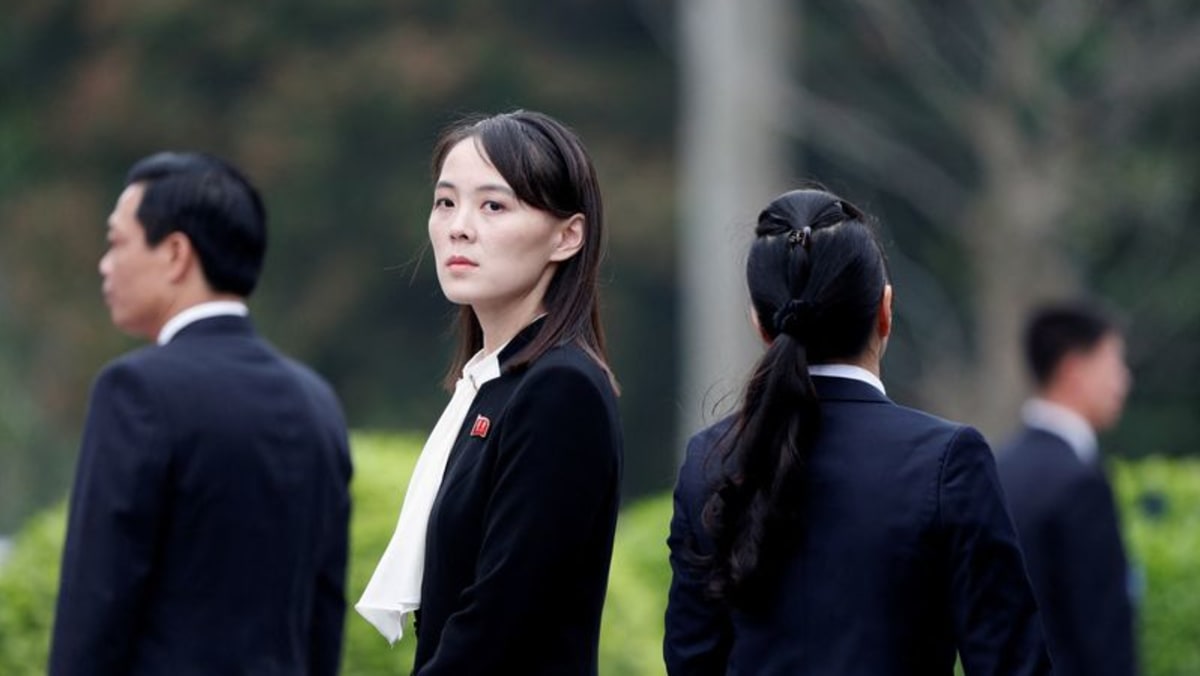Malaysia’s government is trying to quell swirling anger among the squeezed middle-class after a lack of clarity about what constitutes T15. Many, including economists and politicians, have argued that a household earning RM13,500 could hardly be considered ultra-rich.
The government is bracing for “choppy waters ahead” in cutting petrol subsidies, Economy Minister Rafizi Ramli acknowledged shortly after the budget, although he said on Oct 28 that the definition of T15 is expected to be based on location and net disposable household income.
The government is hoping to finalise these details in a month, he said, estimating that 10 million households could qualify for the new T15 classification.
Mr Anwar himself has had to weigh in twice since the Budget announcement, first dismissing suggestions that a RM13,500 household would be considered T15, then saying that the subsidy cuts could only be for the T10, or households that earn more than RM15,000 a month.
In a testy reply to lawmakers who questioned the definition of T15 in parliament on Oct 29, Mr Anwar denied that the government had put out confusing statements following the budget.
“The Department of Statistics had set it (T15) at RM13,000. We think it is too low. Could we raise this to RM15,000 or RM20,000? That is being discussed. So, there are no conflicting statements whatsoever,” he said.
On Nov 1, Mr Anwar disagreed with how some people had likened him to Robin Hood for taking away from the rich with his budget, saying that it was only fair to help the lower-income groups.
“If we want to take care of the poor, we must have sufficient resources. We inherited debts amounting to RM1.5 trillion, and we do not wish to tax the people heavily. We are only levying a modest tax on the ultra-wealthy.
“This is not Robin Hood, but merely a withdrawal of subsidies,” he was quoted by the News Straits Times as saying during a dialogue with students from Universiti Pertahanan Nasional Malaysia.
On Jun 10, Malaysia cut diesel subsidies in a move that was expected to save RM4 billion a year. Diesel prices were floated and quickly rose by 56 per cent, and unhappiness grew despite the cash assistance that was given to some affected segments.
This included low-income private diesel owners who were able to apply for a monthly cash payout of RM200 to defray the cost of the fuel.

